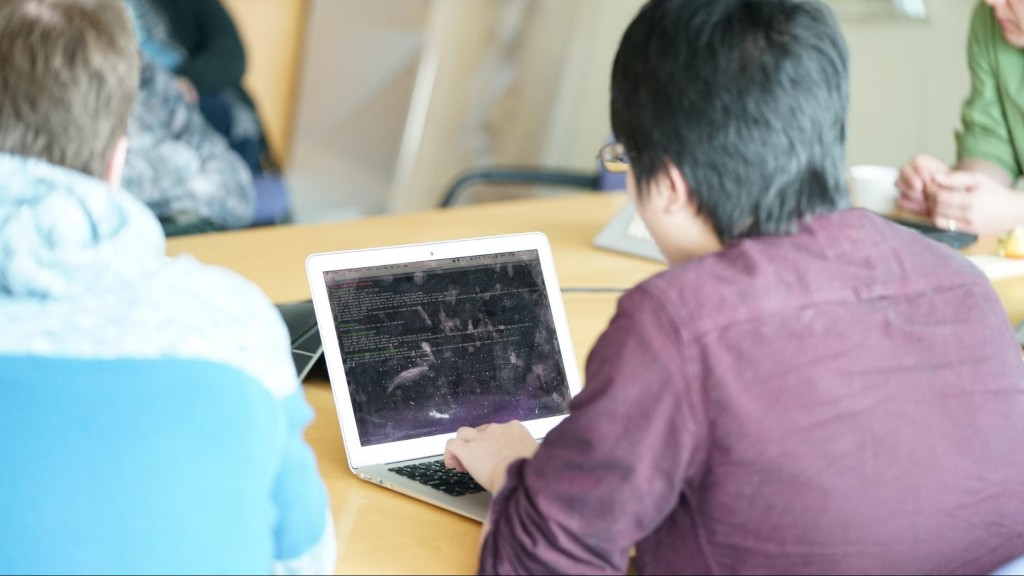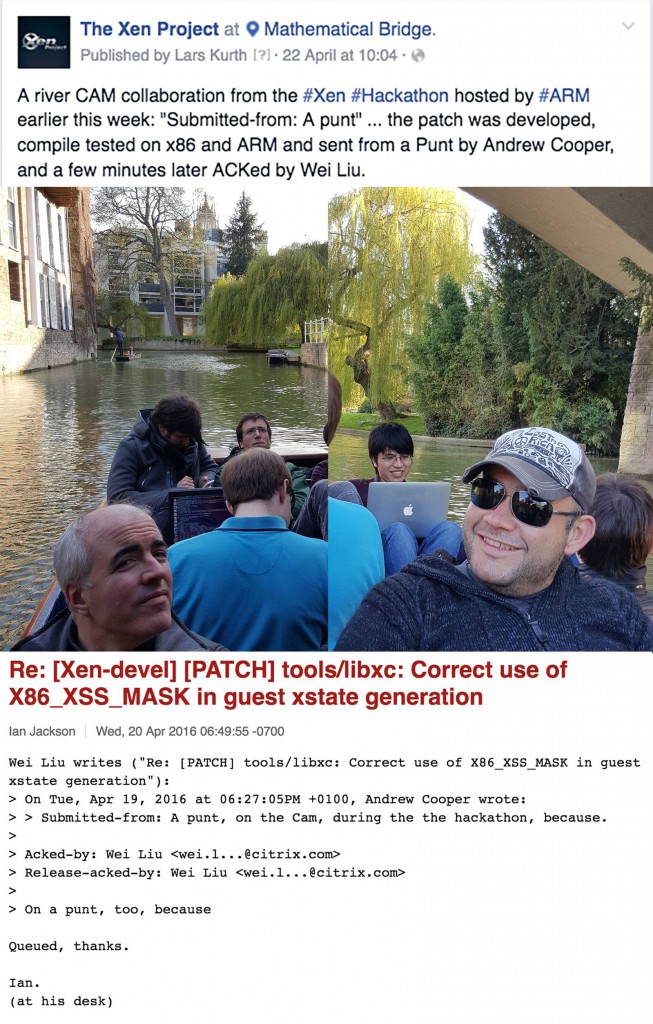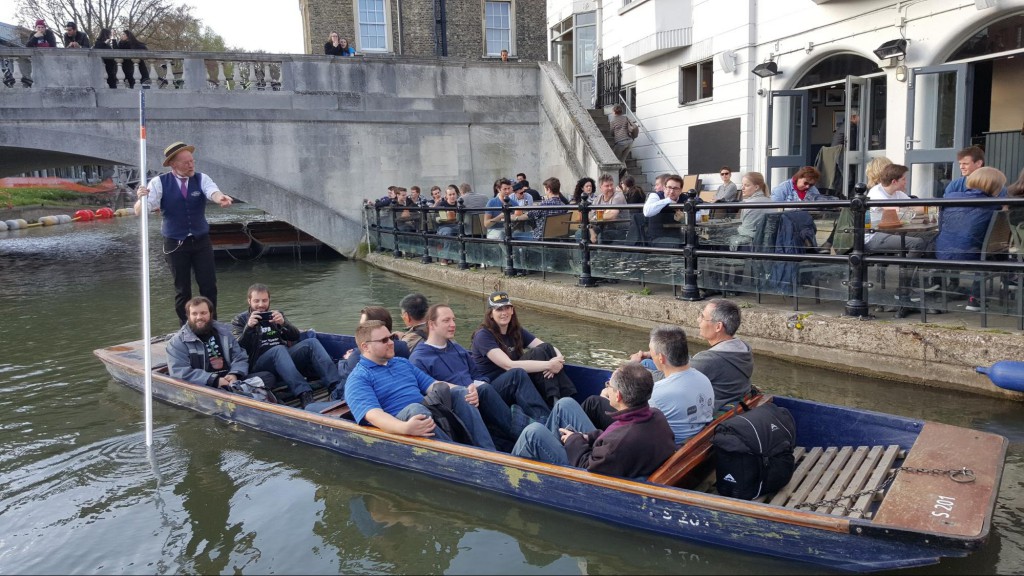We just wrapped another successful Xen Project Hackathon, which is an annual event, hosted by Xen Project member companies, typically at their corporate offices. This year’s event was hosted by ARM at their Cambridge HQ. 42 delegates descended on Cambridge from Aporeto, ARM, Assured Information Security, Automotive Electrical Systems, BAE Systems, Bromium, Citrix, GlobalLogic, OnApp, Onets, Oracle, StarLab, SUSE and Vates to attend. A big thank you (!) to ARM and in particular to Thomas Molgaard for organising the event and the social activities afterwards.
Here are a few images that helped capture the event:
This year’s event was particularly productive because all our core developers and the project’s leadership were present. We focused on a lot of topics, but two of our main themes this year evolved around security and community development. We’ll cover these topics in more detail and how they fit within our next release 4.7 and development going forward, but below is a little taste of some of the other themes of this year’s Hackathon sessions:
- Security improvements: A trimmed down QEMU to reduce attack surface, de-privileging QEMU and the x86 emulator to reduce the impact of security vulnerabilities in those components, XSplice, KConfig support which allows to remove parts of Xen at compile time, run-time disablement of Xen features to reduce the attack surface, vulnerabilities, disaggregation and enabling XSM (Xen’s equivalent of the Linux Security Modules which are also known as SELinux) by default.
- Security features: We had two sessions on the future of XSplice (first version to be released in Xen 4.7), which allows users of Xen to apply security fixes on a running Xen instance (aka no need to reboot).
- Robustness: A session on restartable Dom0 and driver domains, which again will significantly reduce the overhead of applying security patches.
- Community and code review: A couple of sessions on optimising our working practices: most notably some clarifications to the maintainer role and how we can make code reviews more efficient.
- Virtualization Modes: The next stage of PVH, which combines the best of HVM and PV. We also had discussions around some functionality that is currently developed in Linux on which PVH has dependencies.
- Making Development more Scalable: A number of sessions to improve the toolstack and libxl. We covered topics such as making storage support pluggable via a plug-in architecture, making it easier to develop new PV drivers to support automotive and embedded vendors, and improvements to our build system, testing, stub domains and xenstored.
- ARM support: There were a number of planning sessions for Xen ARM support. We covered the future roadmap, how to implement PCI passthrough, and how we can improve testing for the increasing range of ARM HW with support for virtualization, also applicable outside the server space.
There were many more sessions covering performance, scalability and other topics. The session’s host(s) post meeting notes on xen-devel@ (search for Hackathon in the subject line), if you want to explore any topic in more detail. To make it easier for people who do not follow our development lists, we also posted links to Hackathon related xen-devel@ discussions on our wiki.
Besides providing an opportunity to meet face-to-face, build bridges and solve problems, we always make sure that we have social events. After all Hackathons should be fun and bring people together. This year we had a dinner in Cambridge and of course the obligatory punting trip, which is part of every Cambridge trip.






